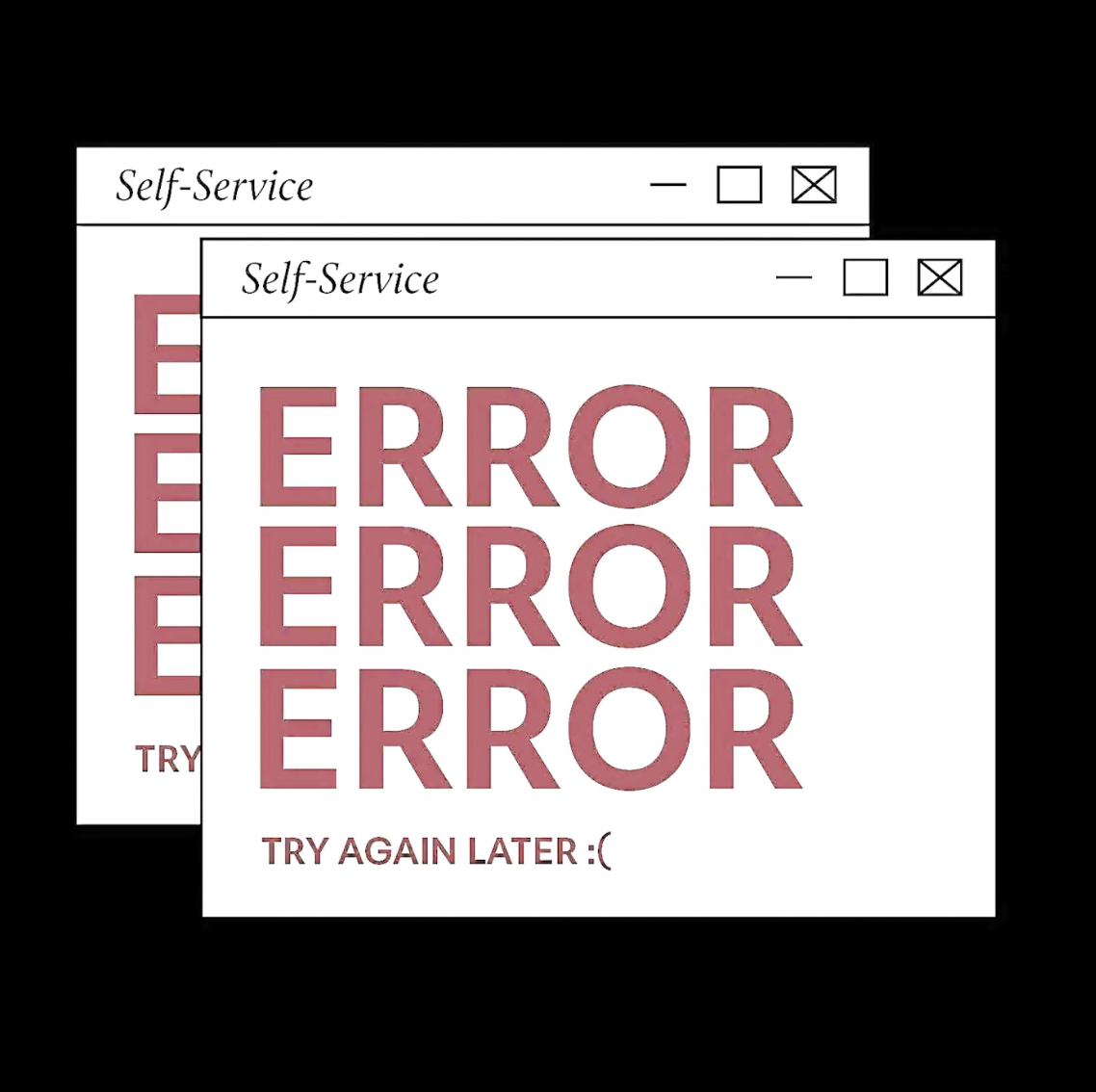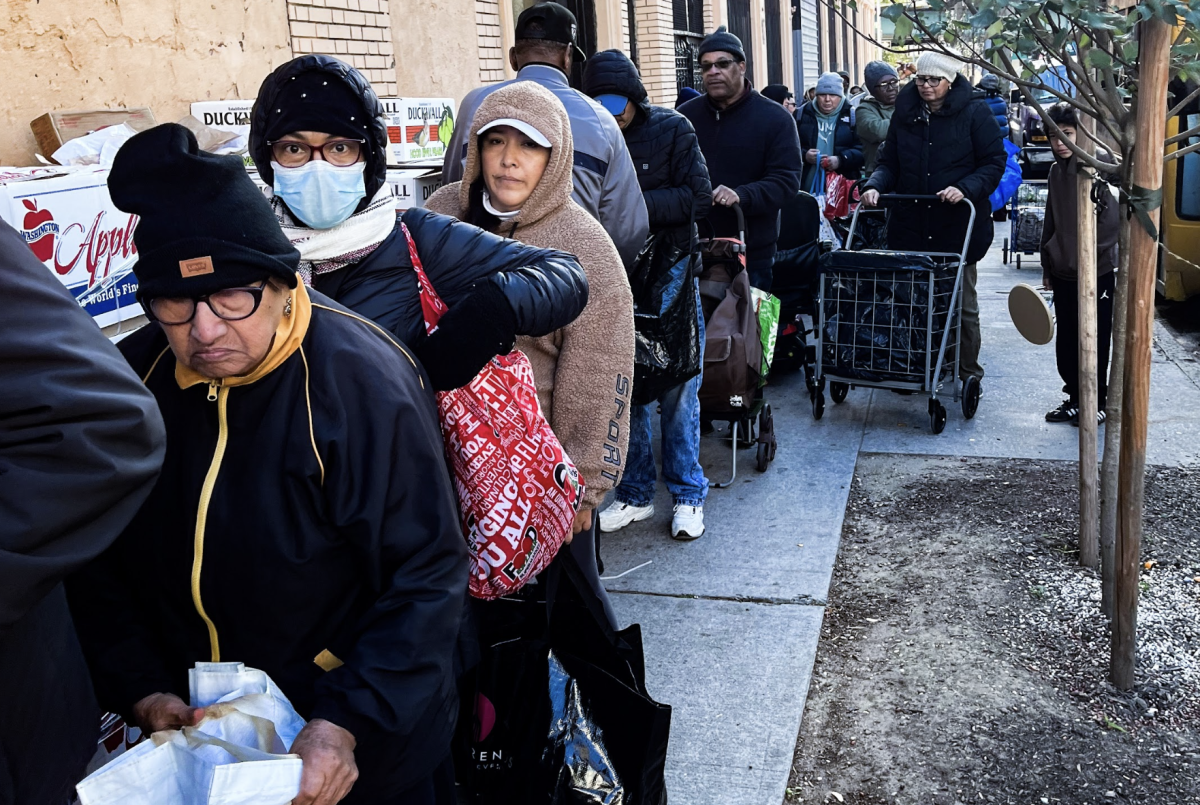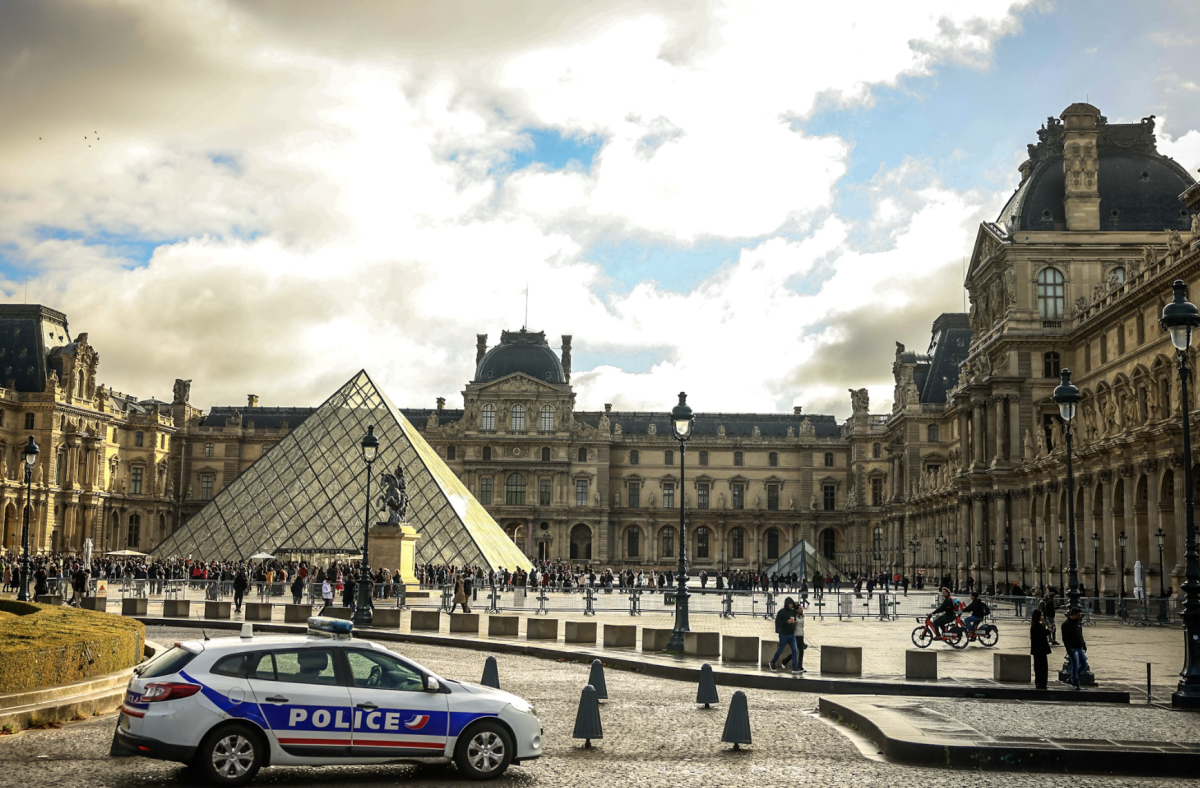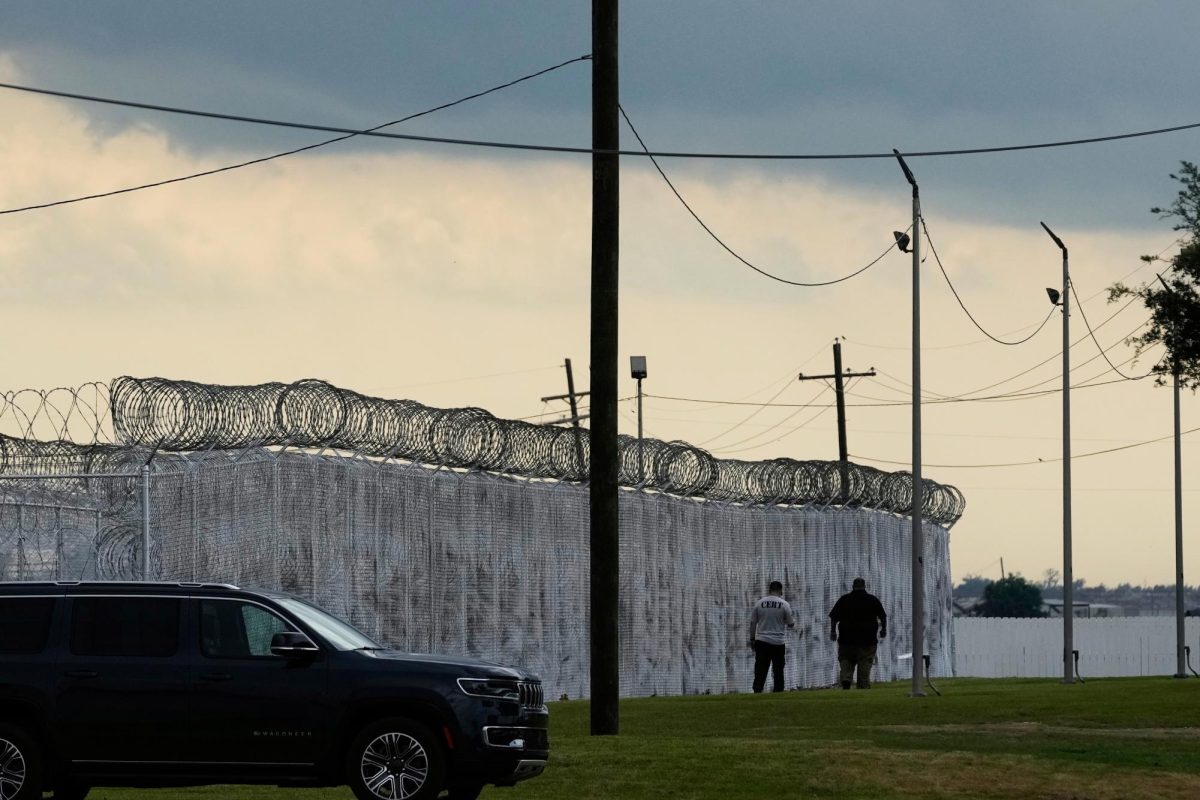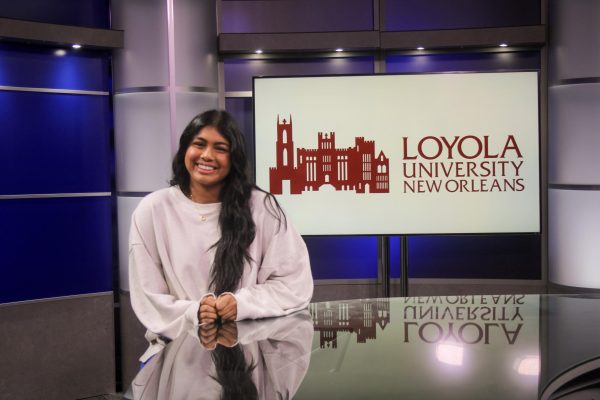On Sept. 17, 2025, ABC suspended Jimmy Kimmel Live! indefinitely after Kimmel made comments in his monologue about the assassination of Charlie Kirk, criticizing conservatives’ reactions and suggesting political exploitation of the tragedy. Then, on Sept. 22, 2025, Disney announced that the suspension would be lifted, and the show would return the next night.
Kimmel getting cut from late-night TV isn’t just about ratings. It’s a warning. If someone with his platform and influence can lose his voice for speaking his mind, what does that mean for the rest of us?
Kimmel isn’t the first, and he won’t be the last. Other late-night hosts and even journalists have faced suspensions or cancellations after daring to say something that rubbed those in power the wrong way. These aren’t random decisions. When networks or media companies take action like this, it shows a trend: voices that speak honestly or loudly are often punished, no matter how well-known they are.
For journalism students, this hits especially hard. We are preparing to step into a profession where the core mission has always been clear: tell the truth, question authority, and inform the public. But what happens when those values collide with the interests of corporations or political leaders? The message sent by cases like Kimmel’s is that honesty can come with a price tag. It creates a culture of fear where young journalists start to wonder: Will I lose opportunities if I say what I really think?
This is dangerous. Journalism thrives when it is bold and unwilling to back down in the face of pressure. If networks and newsrooms value safety over truth, the very purpose of journalism is undermined. What we get instead is a watered-down version of reporting. Stories shaped to avoid offense, headlines crafted to protect power, and voices muted before they can make an impact. That’s not journalism.
At Loyola, we’re fortunate to have The Maroon, a publication that has stood as a space for students to write, question, and challenge. But even here, the same pressures exist. It takes courage to pitch a controversial story, to write an opinion piece that not everyone will agree with, or to ask tough questions about the university itself. Those are the exact kinds of stories that matter most, and the exact kinds of stories that can make writers second-guess themselves. If national figures like Kimmel are being silenced, it’s not hard to see why students might fear rocking the boat.
That’s why protecting student publications and independent media matters so much. They’re often the last places where unfiltered truth can be published without the heavy hand of corporate or political influence. They give young journalists the practice and the freedom to speak boldly, even when it’s uncomfortable.
Of course, free speech has limits. But what we’re seeing with cases like Kimmel’s isn’t about protecting society. It’s about protecting power. It’s about making sure certain lines aren’t crossed, not because they’re dangerous, but because they’re inconvenient to those in charge. That kind of censorship doesn’t just silence individuals, it weakens the entire foundation of journalism.
As journalism students at Loyola, we cannot afford to take our voices for granted. We have to defend the right to speak freely, both in classrooms and in print. We have to support one another when our writing sparks debate or disagreement.
Silence may feel safer in the moment, but journalism was never meant to be safe. It was meant to be honest. And if we lose that, we lose everything.



